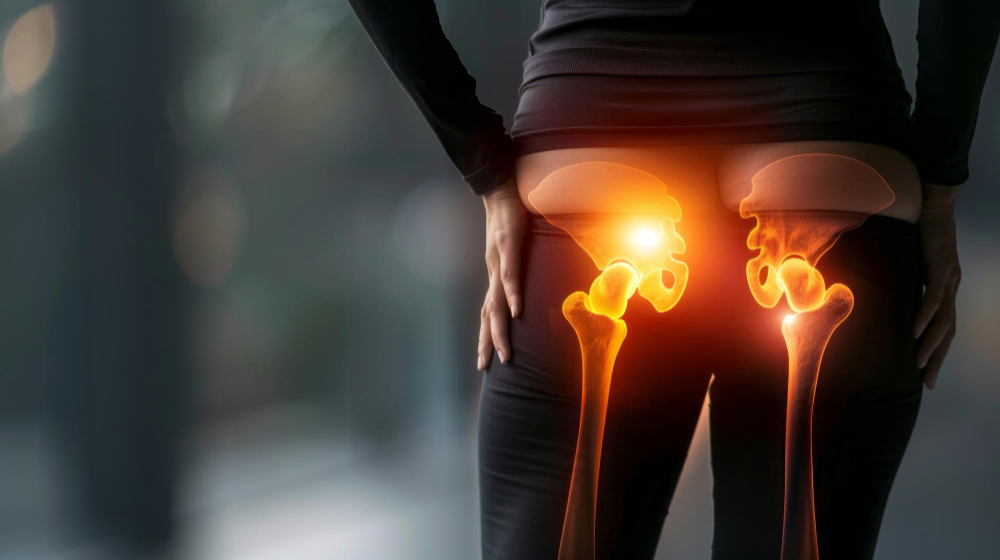Introduction
Femoroacetabular Impingement (FAI) is a hip condition that can cause pain and limit movement. Many people with FAI feel discomfort in the hip or groin, especially during activity. Early diagnosis and treatment can help prevent further joint damage. In this blog, you will learn about FAI symptoms, causes, diagnosis, and treatment options.
What is Femoroacetabular Impingement (FAI)?
FAI happens when the bones of the hip joint do not fit together smoothly. Because of this, the bones rub against each other. Over time, this can damage the joint and cause pain. The hip joint is a ball-and-socket joint. The ball is the top of the thigh bone, and the socket is part of the pelvis. In FAI, either the ball, the socket, or both have extra bone growth. This extra bone causes the bones to pinch or impinge during movement.
Symptoms of FAI
People with FAI often notice symptoms during or after activity. However, some may feel pain even at rest. Common symptoms include:
Sometimes, symptoms can be mild at first. But over time, they may become more severe if left untreated.
Causes and Risk Factors
FAI develops when the hip bones grow in an irregular shape. There are two main types:
Several factors can increase the risk of FAI:
Although anyone can get FAI, it is more common in young and active people.
How FAI is Diagnosed
Doctors use several steps to diagnose FAI. First, they ask about your symptoms and medical history. Next, they perform a physical exam to check hip movement and pain. If FAI is suspected, imaging tests help confirm the diagnosis. These may include:
With these tests, doctors can see if FAI is present and how severe it is. According to the American Academy of Orthopaedic Surgeons, early diagnosis can help prevent joint damage.
Treatment Options for FAI
Treatment for FAI depends on your symptoms and activity level. Many people start with non-surgical options. These include:
If symptoms do not improve, surgery may be needed. Hip arthroscopy is a common procedure. During this surgery, doctors remove extra bone and repair any damaged tissue. Most people recover well and return to normal activities after treatment.
Lifestyle Tips and Prevention
While you cannot always prevent FAI, some steps may help protect your hip health. For example:
Early action can help prevent further joint damage and keep you active.
Conclusion
Femoroacetabular Impingement (FAI) can cause hip pain and limit movement. However, with early diagnosis and proper treatment, most people can manage their symptoms well. If you think you may have FAI, consult an orthopedic specialist for personalized advice on Femoroacetabular Impingement (FAI).
